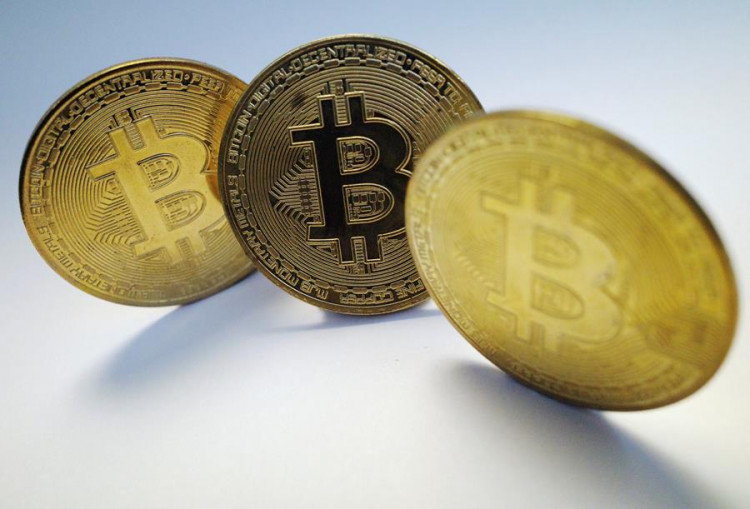Argentina's central bank handed a setback to cryptocurrencies Friday, forbidding banking establishments from providing customers with any unlicensed virtual currency transactions.
Just days after two major corporations declared they would enable customers to acquire Bitcoin and other virtual currencies, the finance ministry barred operations that enable bank clients to purchase crypto.
Assets whose profits are influenced by cryptocurrency swings are likewise prohibited.
The central bank has long been skeptical about cryptocurrency, releasing a stern warning about the risks in May of last year, citing concerns about fluctuations and money trafficking, despite the fact that the bank claimed there were no indicators of widespread adoption and usage.
South Americans are quickly adopting cryptocurrencies as the value of their assets is eroded by periodic currency crises and yearly inflation rates exceeding 50%.
According to Chainalysis, a blockchain data platform, the country is one of the top 10 countries with the largest crypto acceptance.
Banco Galicia, the country's top private bank by market rate, and online bank Brubank revealed earlier this week that its clients will be able to acquire cryptocurrencies such as Bitcoin, Ether, and USDC.
In a statement released Thursday, it disclosed the central bank outlawed such operations for the whole financial industry in order to "reduce the dangers" associated with digital asset transactions.
It went on to say that financial institutions should concentrate on funding investment, manufacturing, and purchase of commodities and services.
Research from Statista shows that 21% of survey participants in Argentina possessed or utilized cryptocurrency in 2021, making it the world's sixth-highest percentage of consumption and the highest in America.
As per INDEC, Argentina's statistics department, inflation increased by 6.7% in March, the highest percentage in 20 years, at 55.1% year over year.
To combat rising inflation, some Argentinians have resorted to cryptocurrency. One rural village started mining bitcoin in April, to fight hyperinflation.
The shift in focus since May could be related to the International Monetary Fund's (IMF) $44 billion prolonged loan program, which included a condition requiring Argentina to restrict the usage of cryptocurrency.
The central bank's decision contradicts the intentions of the mayor of Argentina's metropolis, Buenos Aires.
Mayor Horacio Rodrguez Larreta revealed ambitions to digitize the city in late April, with the goal of allowing residents to settle their taxes in cryptocurrency, among other things.
For its people, the city also intends to develop a blockchain-based digital identity (DID) system.





